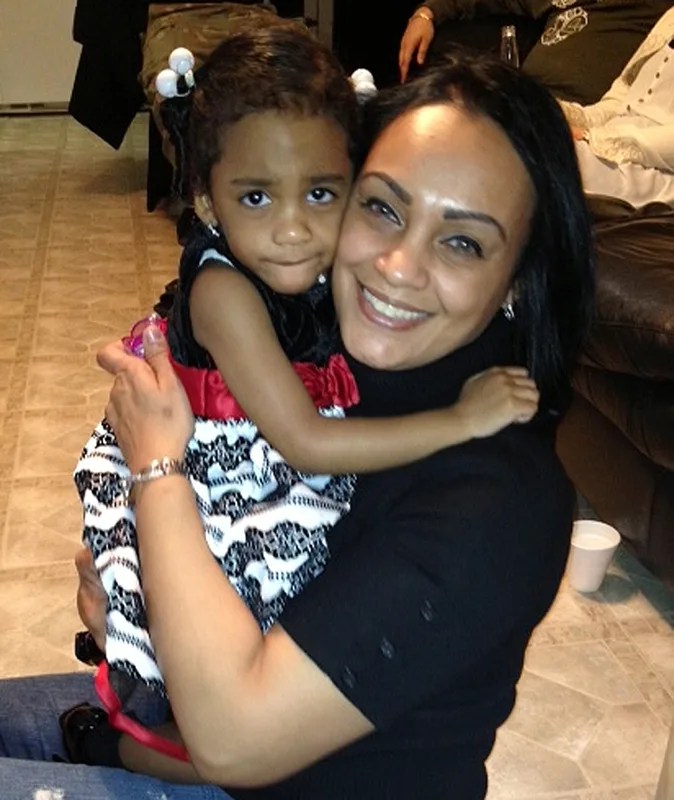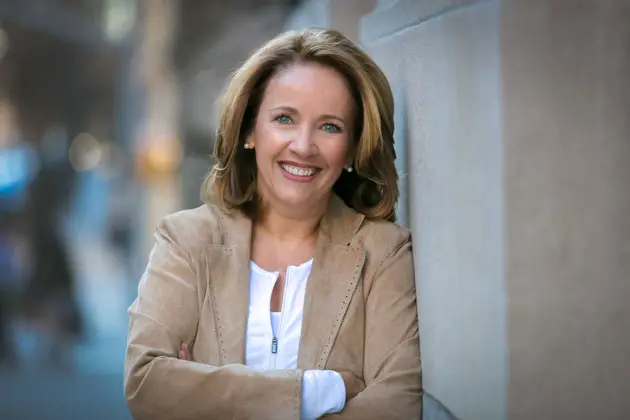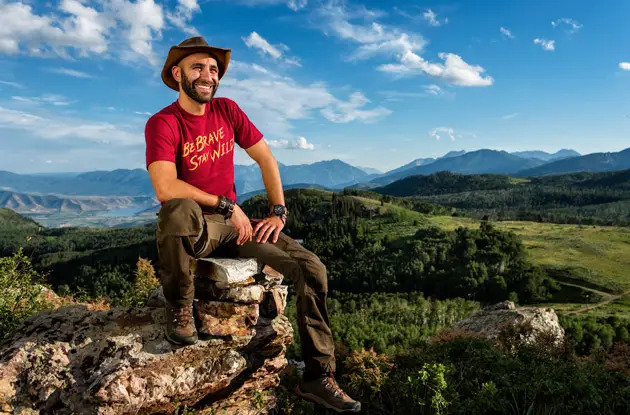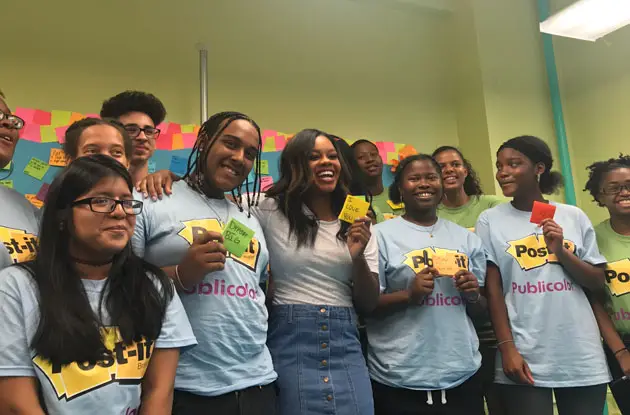Defying early expectations, this preschooler with cerebral palsy has begun to use her voice and has strengthened core muscles, improving her chances of walking. Her family loves her no matter what.
|
Angelina McFarlane with her mother, Judith Maysonet |
When her daughter Angelina was born three and a half years ago, Judith Maysonet remembers the doctors telling her there would be some issues. Angelina had bleeding in the brain and was in the neonatal intensive care unit for five weeks, after which she was diagnosed with vision and hearing impairments.
The doctors never specifically said what Angelina’s “issues” would be, but advised Maysonet to “give it time and be patient.”
“I was kind of devastated. I couldn’t believe it,” Maysonet says. “I have three older boys and they never had any problems. But my daughter…. [I thought], What’s going to happen to her?”
Early Expectations
Shortly after being diagnosed with cerebral palsy, Angelina began receiving early intervention in the family’s Upper Manhattan home. Therapists came to work with her, and the entire family—including Maysonet, father Anthony McFarlane, and her three brothers—sat in on the sessions so they could all help Angelina with her exercises. After researching CP and developmental delays, Maysonet learned that her daughter may struggle with walking and talking. “The pediatrician said Angelina would probably never be able to walk,” Maysonet recalls.
“At first it was overwhelming,” Maysonet says. “But as a family we were all on the same page. We were not going to focus on the negative side of Angelina’s issues. We would focus on positive things we could do to help her.”
Finding Acceptance and Independence
Today, Angelina is a happy 3-year-old who is always smiling. She is a determined little girl who works hard to overcome her barriers. Recently, the same pediatrician who doubted Angelina would ever walk told her mother that she may be able to do so by age 6 or 7. The news was met with tears on Maysonet’s end.
“I love my daughter with all my heart and soul just as she is. I accept her disabilities and condition. I only strive to help her develop as much as possible and become as independent as she is possibly able to,” Maysonet says.
“She’s surrounded by love,” says McFarlane, a minister at the Congregational Church of North New York, United Church of Christ in the Bronx. “I expect a lot of Angelina—it’s just a matter of time.”
Angelina attends preschool at the New York League for Early Learning’s Roosevelt Children’s Center for children who have multiple disabilities and may be medically fragile and have sensory impairments. She learns in a small classroom and receives additional therapies during the day. Here, Angelina has strengthened her core muscles, improving her chances of walking, and has begun to use her voice.
“Just the other day she was playing by herself, and I heard as clear as a bell her saying ‘good girl,’” Maysonet says. It’s a phrase her family, teachers, and therapists frequently use to praise Angelina’s efforts. For his part, her father enjoys asking Angelina, “You
love Daddy?” and hearing “Yeah!” in response.
Angelina also has become more social and is continuing to improve her fine motor skills. She now can hold items in her left hand (which was constantly clenched when she started preschool) and is able to feed herself using both hands. “She likes to hold the fries in one hand and the chicken nuggets in the other,” McFarlane says.
“Angelina today is a much different child than in September,” says Dhara Patel, a special educator who works with Angelina. Angelina enjoys riding an adaptive scooter through the school’s hallways, and when Patel supports her torso, she loves to dance to “Teddy Bear, Teddy Bear,” her favorite song. Angelina also is able to sit up on her own and pull herself up onto the family’s couch.
Iashia Lee, who works as Angelina’s one-to-one at the school, can’t help but notice how Angelina has opened up since her first days at the preschool. “She’s more social and not afraid to play with other children like she was,” Lee says. In fact, Lee calls Angelina “a people person. She just loves being with people.”
Both parents have taken advantage of the school’s open-door policy, stopping in during classes, therapies, and even feeding times.
Maysonet says the key to helping her daughter so far has been accepting her diagnosis. “I know it’s hard when you first get the news, but until you do accept the diagnosis, you won’t be able to help your child,” she says.
And going forward, her mantra is love and patience. “Remind yourself to be patient. Our children didn’t ask to be this way. Love them the way they are, and help them.”





















